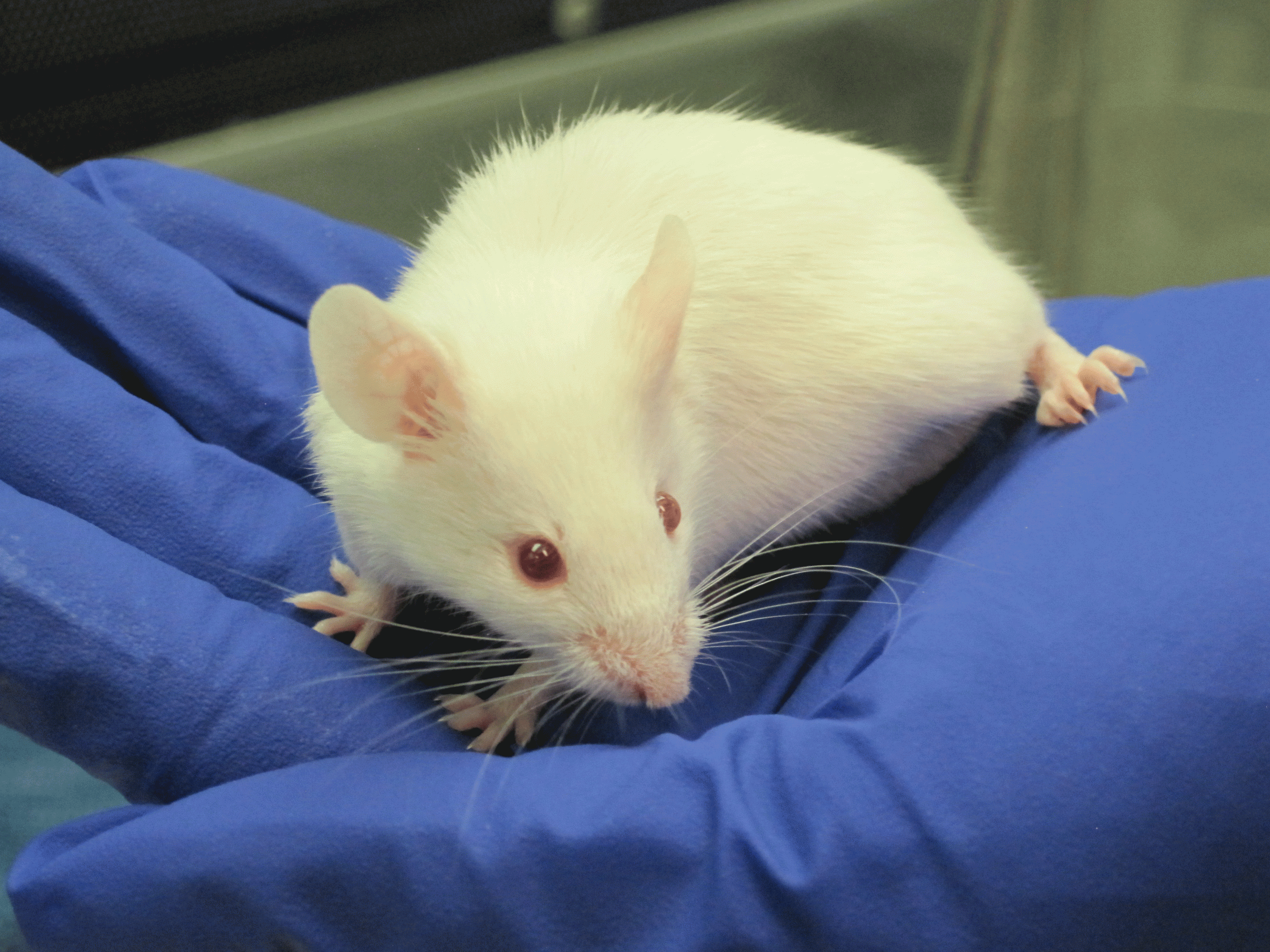Diabetes Pill, Metformin, May Have Anti-Aging Effects: Could It Be The Next Shortcut For Caloric Restriction?

We all want to live longer lives and age more slowly, but to attain this feat is still within the realm of science fiction. There are many theories as to why humans and other animals age, and what advantage there is to the process. Much research has focused on how we could slow down the process or stop it altogether. Recently, the idea of "caloric restriction" has become a hot topic in the realm of anti-aging research. Research on cells and animals has shown that cells basically have a timer; when enough calories have been consumed, the cell becomes damaged enough to go through the process of death.
Caloric restriction, or eating fewer calories, has been shown in laboratory experiments to increase the lifespan of mice by close to 50 percent. But because mice have such short lifespans, this is an attainable aim. But in humans who can live over 30 times the lifespan of a typical mouse, reducing calories to the point of almost starvation would result in borderline malnutrition. Yet, new research using metformin, commonly known as Glucophage, a widely used diabetes pill has shown that the cellular and whole animal effects of caloric restriction can be simulated without restricting diet.
The Research
The research, published in the journal Nature Communications and presented at the National Institute on Ageing in Baltimore, showed that mice fed the drug lived on average of five percent longer than mice that were not given the drug, extending their lifespan from 150 to 160 weeks. Mice fed the drug were also more physically fit and aged more slowly as determined by the slower development of age-related cataracts. The drug simulated many of the effects of caloric restriction in that it reduced cholesterol levels and increased the expression of certain genes known to be associated with caloric restriction.
Obviously, this research is only the beginning of understanding how this and other drugs may allow humans to experience the benefits of caloric restriction without actually changing their diet. In the experiments, the mice had blood levels of the drug that were 10 times as high as seen in human patients who take the drug for diabetes. Other caveats are that too much of the drug can cause kidney damage, the high-dose mice lived shorter lives because of kidney failure, and laboratory mice are on a standardized diet throughout their lives, unlike people.
The Meaning
Glucophage has been used in Europe for over 50 years and in the U.S. since the 1990s and is safe for use in humans, with minimal side effects. The drug has previously been shown to increase the lifespan of commonly used laboratory worms, but this is the first study to test the theory in mammals.
"These are very promising results that need to be translated to humans via clinical studies. Right now the best that we can say is probably what your grandmother told you. Eating a good diet and exercising are the only two things that we know for sure that they work very well in humans," Dr. Rafael de Cabo, who led the study, told the BBC.
"Findings are in agreement with current epidemiological data and raise the possibility of metformin-based interventions to promote healthy aging," the study's authors concluded.
Source: Martin-Montalvo A, Mercken E, Mitchell S. Metformin improves healthspan and lifespan in mice. Nature Communications. 2013.
Published by Medicaldaily.com



























